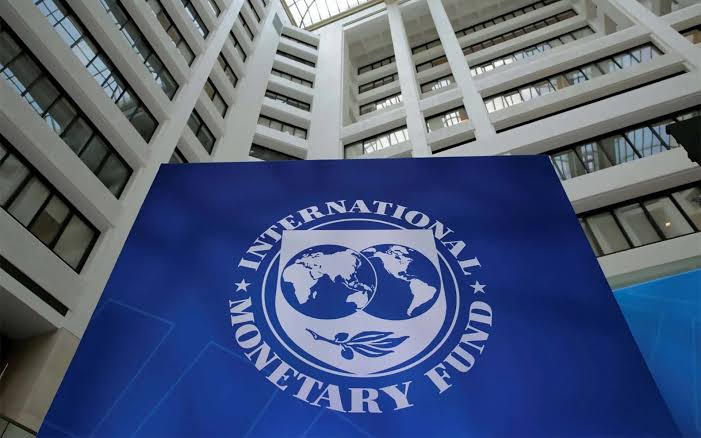The Managing Director of the International Monetary Fund (IMF), Kristalina Georgieva, has urged Nigeria and other African countries to strengthen their fiscal frameworks, implement tailored monetary policies, and foster regional cooperation to withstand global economic shocks and promote inclusive growth.
Georgieva made the call on Thursday at the launch of the IMF’s latest Global Policy Agenda report titled “Anchoring Stability and Promoting Balanced Growth” during the ongoing World Bank/IMF Spring Meetings in Washington.
She expressed concern over Africa’s uneven growth trajectory, noting that while some countries on the continent rank among the world’s fastest-growing economies, many low-income and fragile states are falling behind due to slowing global growth and heightened geopolitical tensions.
“We have seen some of the fastest-growing economies in Africa, but fragile and low-income countries are increasingly being left behind. This is a serious concern,” she said.
Georgieva emphasized the importance of fiscal reforms, particularly expanding the tax base and addressing tax evasion and avoidance using digital tools.
“Don’t hide behind excuses and say you can’t raise more taxes — you can. There’s a lot of room to broaden the tax base and use technology to track tax revenues. Some countries are already doing this successfully,” she said.
She warned that while the direct impact of global trade tariffs on most African countries may be limited, the broader consequences — especially from weakened global demand — could have significant effects, particularly on oil-exporting nations like Nigeria.
“For oil producers like Nigeria, falling oil prices put additional pressure on public finances. On the flip side, oil importers might benefit. Every country faces unique challenges, and policy responses should reflect that,” she noted.
Georgieva advised African central banks against copying the monetary policies of neighboring countries, urging them instead to tailor their responses to domestic inflationary pressures.
“You can no longer just follow what your neighbor’s central bank is doing. Each country must assess its inflation dynamics and respond accordingly,” she said.
On regional cooperation, the IMF chief called for a rebranding of Africa’s global image, warning that corruption and conflict in one country could tarnish the reputation of the entire continent.
“Corruption or instability in one country casts a shadow over the whole region. Africa must change the narrative by working together,” she said.
Georgieva also highlighted the need to remove barriers to intra-African trade and commended the World Bank’s efforts to improve trade-enabling infrastructure.
“Africa has so much to offer — from natural resources to a vibrant, young population. With greater collaboration and fewer trade barriers, the continent can become an economic powerhouse like Asia,” she added.
Edited by Nzubechukwu Eze.









